 While the cloud is not necessarily a new technology, it’s only been over the last decade that cloud computing has evolved from a new, market disrupting trend to an almost universally accepted method for delivering next-gen services.
While the cloud is not necessarily a new technology, it’s only been over the last decade that cloud computing has evolved from a new, market disrupting trend to an almost universally accepted method for delivering next-gen services.
At the same time cloud computing technology has grown more popular, enterprises in every industry have engaged in digital transformations to stay competitive. In this new digital era, speed and agility is not just valued, it’s expected. For IT teams, the pressure to fulfill requests and ensure smooth user experiences is massive.
When IT is unable to deliver new services in a timely manner, employees can quickly decide to take matters into their own hands and make use of public cloud and other As-a-Service offerings, creating security holes and a lack of data visibility.
To prevent this, IT organizations need a multi-cloud management solution that can reduce the impact of day-to-day management and lifecycle tasks, while still offering the flexibility, speed and performance end-users expect.
Morpheus, a 100% agnostic cloud management platform for multi-cloud orchestration, has all that and more. Why use Morpheus for multi-cloud management? Here are three reasons:
1. Integration With Morpheus Is Quick And Easy
Today, the average enterprise is running a complex mix of several different clouds and platforms, and new tools are being added all the time as technology continues to advance. To deal with these quickly changing infrastructures, cloud management platforms must be able to function in disorganized and mixed environments.
Most importantly, a cloud platform needs to offer easy integration, despite these added complications. Morpheus easily integrates with over 50 different third-party products out-of-the-box, and with no need for added application programming logic.
2. Empower IT With Self-Service
Even simple tasks like adding a new app server or connecting new devices can require different IT teams to each contribute small pieces to the overall task, like requesting new IP addresses or giving specific users the correct permissions. These handoffs can quickly add up, leaving end-users hanging and frustrated.
The question becomes, how can IT teams improve the task flow without further complicating their IT process? The answer can be found in the way Morpheus enables unified self-service for various IT teams by automating each team’s request queue, without compromising each team’s individual control of their organizational units.
Morpheus’ powerful application-centric automation platform offers more platform and service delivery capabilities out of the box than other cloud automation tools.
3. Morpheus Offers Complete Lifecycle Management
What good is quick integration and start up if IT is later bogged down with lifecycle management tasks? Morpheus provides acceleration for both provisioning as well as management of application instances, from implementation to teardown.
Integrations built into the monitoring subsystem of Morpheus, including AppDynamics, New Relic, and ServiceNow, offer automatic install agents, as well as raising incidents and alerts. These alerts and notifications can be configured in several different ways within Morpheus, and users can be notified in a variety of ways, including email, text or even Slack Channel notification.
When it comes to logging, Morpheus makes use of Elasticsearch to provide an efficient and scalable solution for log data capture. Generated logs use common formats, which make it easy to forward logs to relevant parties.
Bottom Line: Morpheus Takes The Burden Off IT
Regardless of where your enterprise is on their digital transformation and automation journey, Morpheus can help enterprises get there faster while providing the agility needed to adapt to this new, rapidly changing IT environment.
The platform keeps all tools, technologies and people linked and communicating, simplifying tasks and reducing handover delay.
Are You Ready For Simple Multi-Cloud Management?
Morpheus offers everything enterprises need for rapid and risk-free multi-cloud application provisioning. Originally built for internal use, the platform was born out of necessity and to solve problems nobody had addressed. Today, it stands alone and is serving some of the largest Fortune 1000 companies and Service Providers in the world. Built-on analytics and automation, it offers enterprises a way to optimize resources, accelerate workflows, and modernize applications.
Contact us today to learn how we are working together with Morpheus to streamline multi-cloud management for our customers.
Next Steps: Read more about hybrid IT and multi-cloud management in our white paper, An Introduction to the New IT Approach Called Hybrid IT. Click below to read it today.












